Full coverage of the Wall Street crisis}&lpos={trail}{1}"> Full coverage of the Wall Street crisDOES THE WORD GREED AND STUPIDITY MEAN ANYTHING TO THESE OVER -EDUCATED IDIOTS RUNNING FINANCIAL INSTITUTIONS OR THE GOVERNMENT FOR THAT MATTER. DO THE WORDS SIMPLICITY AND COMMON SENSE ACTUALLY HAVE A PLACE IN THEIR VOCABULARY? PROBABLY NOT, CONSIDERING THE HUGE FINANCIAL BLUNDERS THEY HAVE GOTTEN INTO, OF WHICH WILL HAVE LONG TERM EFFECTS ON ALL AMERICAN CITIZENS. IT APPEARS THAT ALL OF US ARE GOING TO HAVE TO PAY MORE FOR THE MISTAKES MADE BY A MINORITY OF INEPT INDIVIDUALS. WHAT A WARM AND FUZZY FEELING I NOW HAVE IN MY HEART FOR THEM (NOT). WHY NOT PUT THE HARD WORKING MIDDLE CLASS IN CHARGE. I BET ALL OF US COLLECTIVELY TO DO A HELL OF A BETTER JOB THAN SOME OF THESE IVY LEAGUE EDUCATED IDIOTS.
Continued Growth of Chinese FDI in America: If the U.S. economy continues to falter, expect Chinese investments in the U.S. to increase. The weaker the U.S. economy becomes, the greater Americans will be ambivalent, torn between the need for jobs and the fear that Americans are going to end up “working for the Chinese.” Also expect the usual political scrutiny and sturm und drang should these investments be attempted in sensitive sectors like security and energy. The United States has asked China to participate in the drafting of voluntary international “best practices” for sovereign wealth funds to be coordinated by the International Monetary Fund.[17]
"The U.S. was always No. 1 and assumed it would be No. 1 and acted accordingly," says Doug Rediker, a former investment banker and a co-director of the Global Strategic Finance Initiative at the New America Foundation, a Washington, D.C., think tank. "Now other nations are catching up. There are competitors fighting for market share in every industry. The U.S. is under pressure."
Consider the sinking value of the dollar: The greenback is still the world's reserve currency, but its continuing erosion carries a symbolic value, telling the world that the U.S. doesn't have its financial house in order. At home, that means higher prices for food and fuel; it also means more-expensive vacations for Americans traveling abroad.
The incredible shrinking dollar has also made America a great place for Europeans -- wielding their strong euros and pounds -- to go on cheap shopping sprees, swamping our department stores and designer boutiques to pick up bargains. The U.S., once an elite shopping destination, is becoming their giant outlet mall.
And what about Detroit's once-vaunted role as an auto industry leader? That has been diminished by more-nimble global competitors. Companies such as Japan's Toyota are threatening the once-indomitable General Motors with more-stylish design and advanced engineering. While GM was turning out gas-guzzling: read on
SUVs and Hummers, Toyota got on the green bandwagon early with hybrids and other fuel-efficient cars, and is now reaping the rewards as gas prices soar. Meanwhile, Wall Street faces rivals in cities such as London, which is attracting so many international banks and companies to its booming stock and capital markets that it now claims to be the new center for global business and finance -- a title disputed, of course, by New York City boosters.
Still, argues Michael Charlton, the chief executive of Think London, the city's official foreign-direct-investment agency, "It is a valid claim that London is the world financial capital because its status is based on its international credentials and because we trade so successfully internationally."  Is London the next global capital?
Is London the next global capital?
Even New York's pre-eminent position as the center of the booming global art market is being challenged -- again by London, a city that once shunned contemporary art. Nowadays, London's galleries and auction houses are crowded with new collectors, including many newly rich Russians, clamoring for the work of blue-chip artists.
Taken together, some say, the evidence suggests the U.S. might be heading into a twilight phase -- one in which it is ceding to other nations its usual claim to superlatives and leadership as well as its adventurous, cutting-edge spirit. A spate of recent books has explored this development, including Newsweek editor Fareed Zakaria's "The Post-American World." Among the examples he cites: The world's tallest building is in Taipei, Taiwan; the largest publicly traded company is in China; India will soon have the world's biggest oil refinery; and Macau has overtaken Las Vegas in gambling revenue.  Map: Global markets on the rise
Map: Global markets on the rise
The reality is a bit more complex, but we do now live in a multipolar world, and we had better get used to it. Forget the superpower rivalry between the U.S. and the former Soviet Union, as well as the brief time in which the U.S. was the only superpower. Forget the time when there was no Airbus, only Boeing and Lockheed and McDonnell Douglas.
Today the centers of power, finance and trade have realigned into three heavyweight blocks: the U.S., the European Union and Asia, with the last dominated by China and India, boasting massive populations and rapidly developing economies. Each group is looking out for its own interests and using its might to influence economic policy and world affairs.
So where does that leave the U.S.?
Rediker, of the New America Foundation, says the U.S. is still a major player in the global economy and isn't likely to become a second-tier nation anytime soon. But, he adds, it's time to recognize that "it's also not the only player, and as such, can't dictate terms to the
rest of the world."
In the short term, that shift in thinking might not cut prices at the pump or in grocery stores, or restore strength in the dollar. But it could become part of a wider strategy on how the U.S. can deal with the world's evolving economic structure and encourage business leaders to adopt a broader, bolder outlook to remain competitive in the global marketplace.
Despite the challenges and gloomy outlook fostered by the credit crunch and subprime mortgage mess, many believe the U.S. economy remains both formidable and resilient, with deep reserves of talent, entrepreneurship and continuing investment in research and development.
Even General Motors is trying to change: It has vowed to design an electric car and have it on the road by 2010.
"We should not underestimate the ability of the U.S. economy to transform itself," says Mauro Guillen, a professor of international management at The Wharton School in Philadelphia. "It has one of the most flexible economies and continues to be a magnet for the best and the brightest." Although the nation is at a crossroads in many respects, Guillen adds, "The U.S. will weather the storm."
Published July 2, 2008

No one wants to come to my party anymore.They say I am on the way out. Markets slump after Lehman crisisInvestors around the world left reeling by the failure of Lehman Brothers and the shock sale of Merrill Lynch 91 comments


 Is London the next global capital?
Is London the next global capital?







+copy.jpg)
































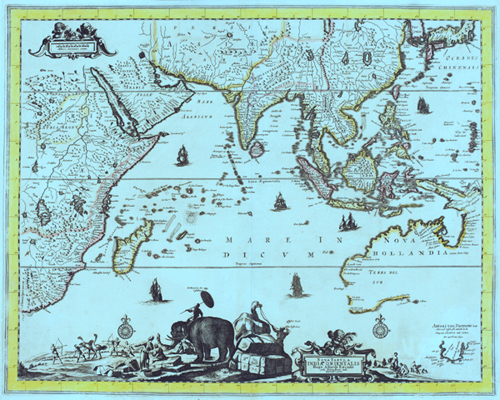





















.jpg)
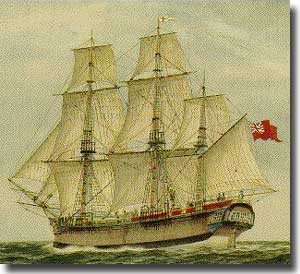





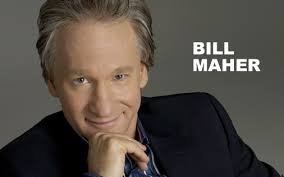



















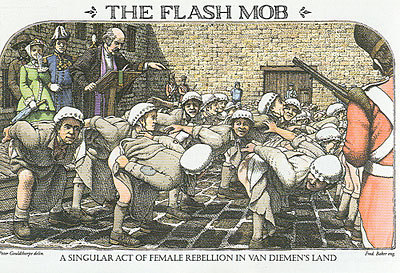
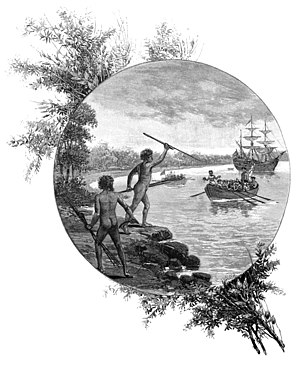 G
G







.jpg)
















No comments:
Post a Comment